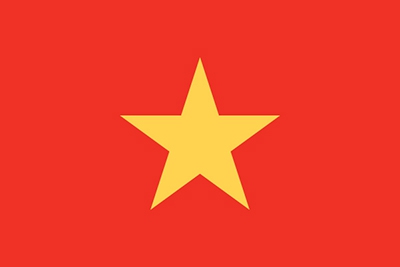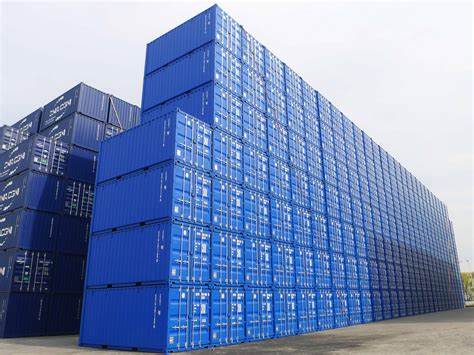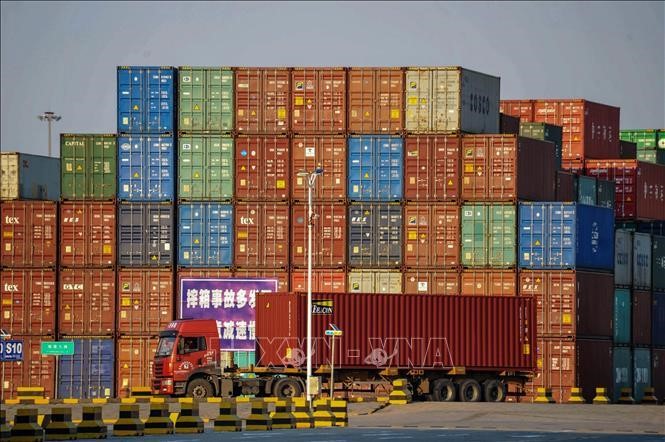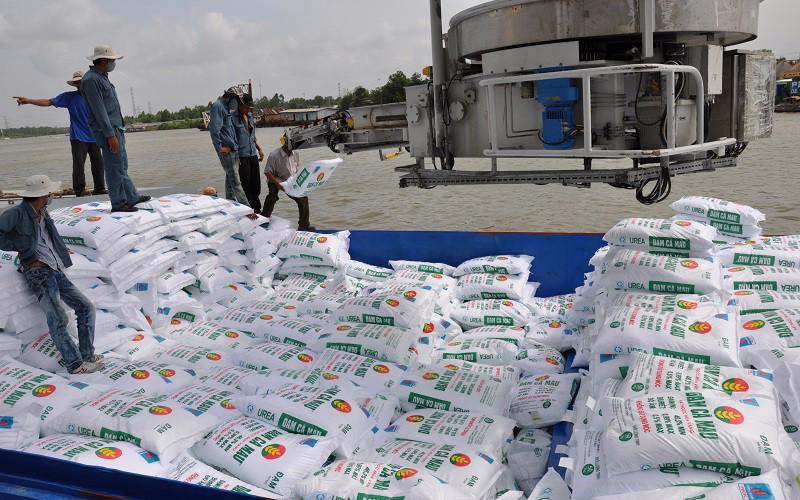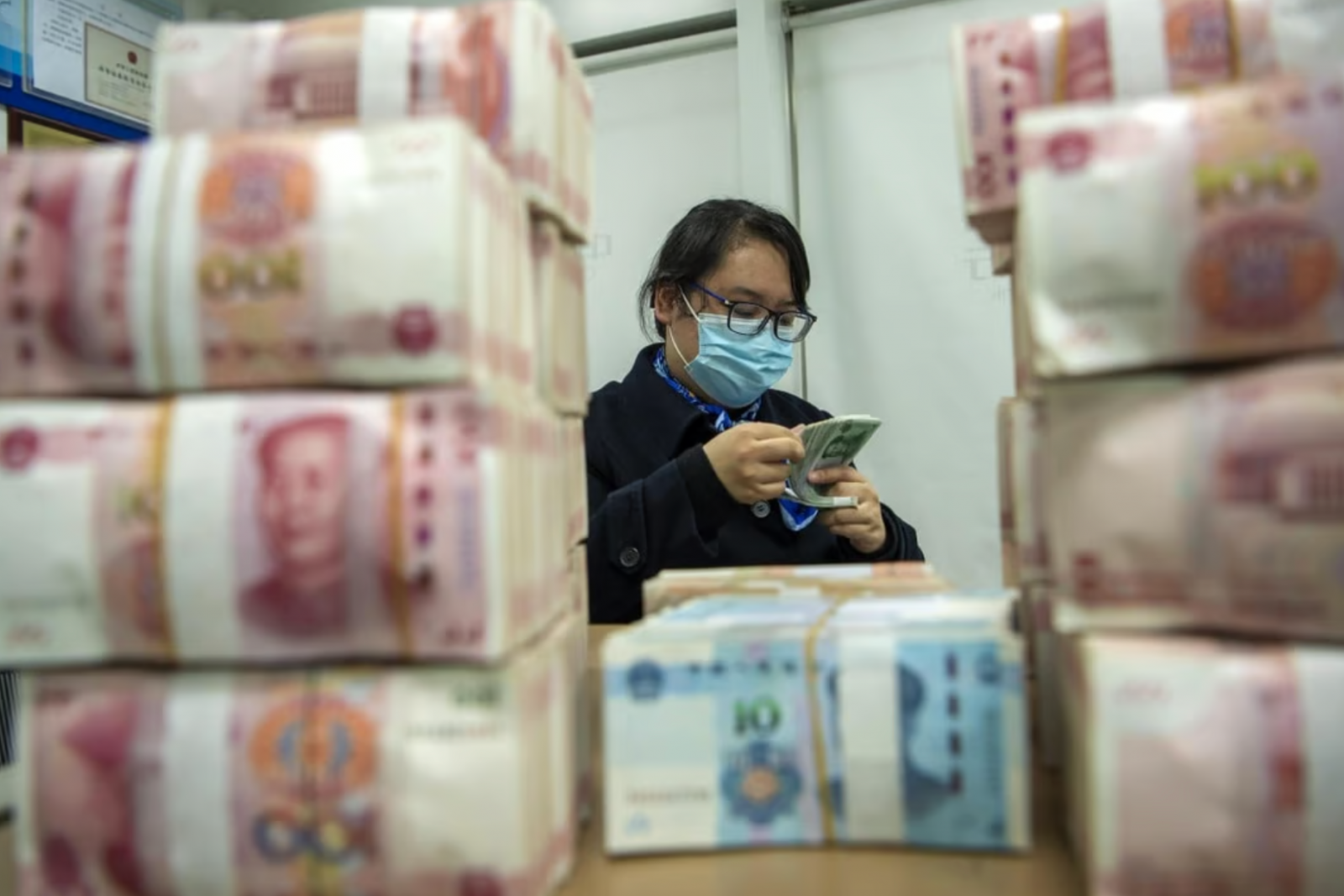EXPECT CHINA TO 'RESCUE' THE WORLD ECONOMY FROM RECESSION
Beijing's policies helped the West recover from the 2008 financial crisis. However, this time, China's post-Covid-19 recovery is patchy and geopolitical issues have plagued the country. Unlikely to prevent a global recession, DW reported.
EXPECT CHINA TO 'RESCUE' THE WORLD ECONOMY FROM RECESSION
Beijing's policies helped the West recover from the 2008 financial crisis. However, this time, China's post-Covid-19 recovery is patchy and geopolitical issues have plagued the country. Unlikely to prevent a global recession, DW reported.
With the rest of the world teetering on the brink of recession, what Western policymakers least want is China, the biggest driver of global economic growth since the financial crisis. Financial year 2008, there was an unsatisfactory recovery.
After lifting the lengthy Covid-19 quarantine management in December, the world's second-largest economy is said to have not yet shown its inherent economic strength and potential.
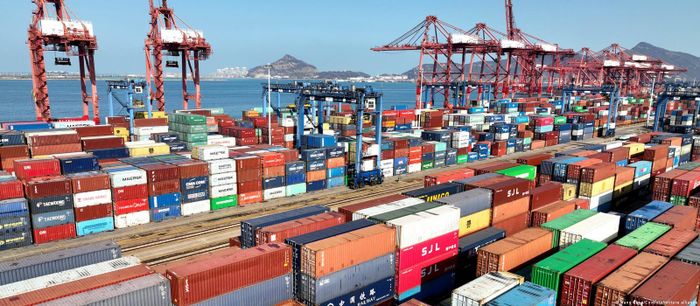
In April, China's imports fell sharply, at 7.9%, while exports increased at a slower rate of 8.5% compared with 14.8% in March. That same month, pepper prices Consumption also grew at the slowest pace in more than two years, while factory deflation - prices set by China's industrial wholesalers - deepened.
In addition, new bank loans fell much more sharply than expected in April, with lenders extending 718.8 billion yuan ($104 billion/94.5 billion euros) in loans to banks. new loans in RMB for the month, less than 1/5 of March.
Is China's golden era over?
Figures released by the National Bureau of Statistics last week showed that in the first quarter of 2023, China's GDP grew by 4.5 percent year-on-year, marking the highest growth rate in a year.
Economists and observers say China's economic recovery will support other economies, underscoring its role in adding impetus to a sluggish global economy. .
Kelvin Chisanga, a Zambian economist, said that the positive start of the Chinese economy this year heralds bright prospects for the economies of other countries around the world, Xinhua reported.

Chisanga expert said the recovery momentum is a sign that China is gradually overcoming the adverse effects of the COVID-19 pandemic, and praised China's resilience in responding to challenges. .
However, Steve Tsang, director of the China Institute at the London-based School of the East and Africa, said: “The Chinese economy will boom but it is certainly difficult to return to the golden decade of the years. 2010 when growth was in double digits”.
According to experts, a strong recovery in China will help offset the expected decline in other economies around the world.
However, some signs point to the country's recovery being uneven. China's lowest inflation in 18 months shows that demand in the country of billions of people remains weak.
Specifically, according to data from the National Bureau of Statistics of China (NBS), China's consumer price index (CPI) in March increased by only 0.7% year-on-year in 2022, down from a 1% increase. of February.
China's massive stimulus package after the 2008/09 financial crisis has helped the global economy recover, in part due to the Asian nation's demand for imported raw materials for projects. the infrastructure.
Tsang said Western policymakers who are praying for China's economic recovery will now need to "look at current economic and political realities".
The threat that makes China wary
“Increasing geopolitical tensions will lead to an earthquake,” Pushan Dutt, an economics professor at the INSEAD business school in Singapore, told DW.
"Multinational companies will leave China, their export markets will be closed and sanctions will be imposed," the expert said.
The relationship between the US and China is increasingly fractured. Illustration: Internet.
The relationship between the US and China is increasingly fractured. Illustration: Internet.
The Trump-era trade tensions between Beijing and Washington also extend through the current administration of US President Joe Biden.
The tit-for-tat tariffs were the impetus for the White House to impose sanctions on a number of Chinese companies and officials. Washington has even restricted China's access to semiconductor technology and artificial intelligence (AI) for national security reasons.
"The assertive foreign policy imposed by Chinese President Xi Jinping has led the US and other Western countries to begin to decouple or reduce risks in economic links with China, which means that the The former main support for rapid growth in China is waning,” noted Tsang.
Western policymakers are increasingly viewing China's Belt and Road Initiative as a threat to their interests.
Often dubbed the "New Silk Road," the initiative is an $840 billion investment (€771 billion) in roads, bridges, ports and hospitals in more than 150 countries. Concerns are growing that the project has lured developing countries into a debt trap with huge, unrepayable loans while undermining their relationships with Western countries.
Beijing prioritizes 'quality growth'
Another reason for China's less-than-stellar recovery is Beijing's strategic plan to move the economy up the value chain, prioritizing quality over quantity growth. However, these reforms take time to prove.

“China is trying to engineer a transition from being a low-end manufacturer to becoming a big player in the industries of the future (artificial intelligence, robotics, quality),” said Dutt. semiconductor, etc.)”.
He added: "As the country moves away from heavy industries dominated by state-owned companies towards innovation and domestic consumption, slowing growth is an 'inevitable consequence'.
At the same time, the IMF has predicted that China will continue to be the biggest driver of global economic growth over the next five years, contributing about 22.6% to total world growth, compared with only 11.3. % of the United States.
While slowing Western demand will continue to have a negative impact on China's exports, the domestic economy still has plenty to do, especially given pent-up demand after three years of COVID-19 lockdowns. .
“Chinese consumers have accumulated $2.6 trillion in excess savings during the pandemic,” Dutt told DW.
